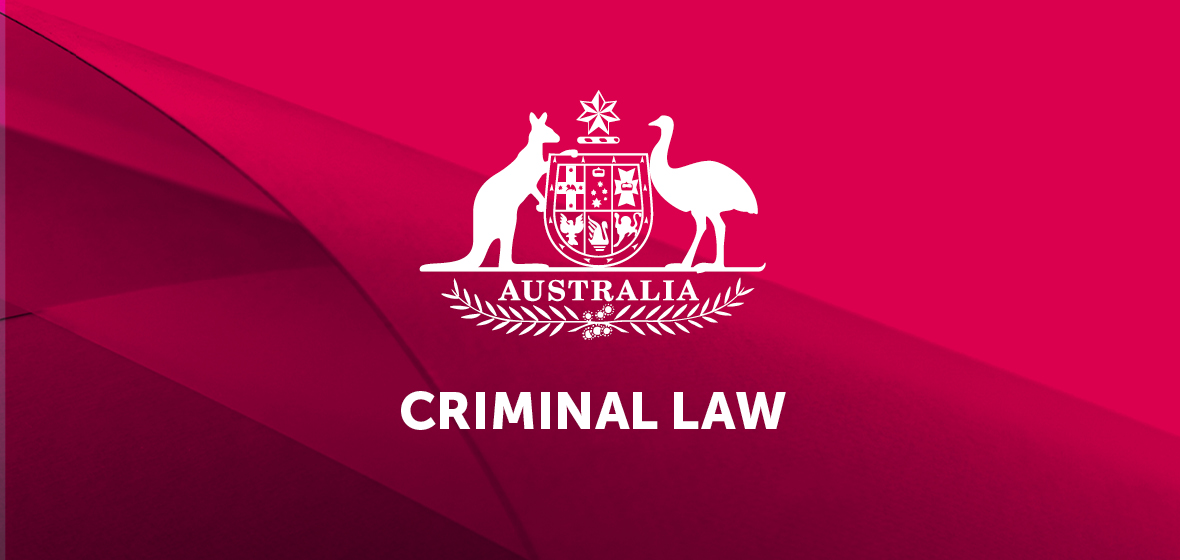Key decisions
- R v Tuhakaraina [2016] NSWCCA 81
- R v Turnbull (No 1) [2016] NSWSC 189
- Smith, Maltimore v R [2016] NSWCCA 93
R v Tuhakaraina [2016] NSWCCA 81
Sentencing – finding of special circumstances – considerations – whether non-parole period performed functions of sentence
It has long been said that in sentencing there is not much that is ‘special’ about a finding of ‘special circumstances’ – that is, the variation from the presumptive statutory ratio between non-parole period (‘NPP’) and head sentence which is found in Crimes (Sentencing Procedure) Act, s 44. In this decision, the Court of Criminal Appeal (Wilson J, R A Hulme J agreeing, and Garling J agreeing with the outcome but for different reasons) considered a case where the NPP was reduced very substantially indeed. The plurality found that the health of the offender’s wife overwhelmed the other factors that should have been taken into account and suggested that it would only be in ‘the most extraordinary circumstances’ that a ratio as low as 20% would not be an error. The offender was very drunk – he had a blood alcohol level of about 0.187 – but he drove anyway. He failed to give way and struck a motorcyclist, who suffered terrible injuries. The offender was charged with dangerous driving causing grievous bodily harm and he pleaded guilty. One issue during the sentence proceedings was the evidence of the offender’s wife, who suffered from a life threatening heart condition requiring an implanted defibrillator; her illness had an impact on the offender’s mental health, including the alcoholism which had, in turn, led to the offence.
The offender was sentenced in the District Court to 2 years, 6 months, with a NPP of just 6 months. The reason for the unusually short NPP was said by the sentencing judge to be the wife’s illness. The Crown appealed, on the basis that the NPP was manifestly inadequate. Normally, the ratio between the NPP and the full term of a sentence of imprisonment is supposed to be 75% (that is, the offender should ordinarily be actually in custody for three quarters of the full term). To vary that ratio, the court must find ‘special circumstances’. In spite of the language used, past analysis has shown that ‘special’ circumstances are found in the overwhelming majority of cases. Additionally (and a little confusingly, when you have to talk about them in the same context), arising out of case law, ‘exceptional circumstances’ would be required in order to reduce a sentence because of the impact imprisonment might have on a third party, like a spouse or child.
As the court pointed out in this decision, where the circumstances relating to the third party fall short of ‘exceptional’, they can sometimes still be taken into account in sentencing the offender, including using them as a partial basis for ‘special’ circumstances (at [86]-[89]). However, in this case, the ratio of NPP to head sentence had been reduced from 75% to just 20%. The plurality found that, allowing for the discretionary nature of a finding of special circumstances, it should only be in the ‘most extraordinary circumstances’ that such a ratio could be justified, because it is difficult to see how a NPP of just 20% of the head sentence could perform the manifold functions of a sentence, such as punishment, denunciation, and so forth (at [91]). In this particular case, the plurality found that the NPP did not meet those criteria – but declined to vary the sentence, because of delay in the appeal being heard (through no party’s fault), and the appeal was dismissed despite the error.




